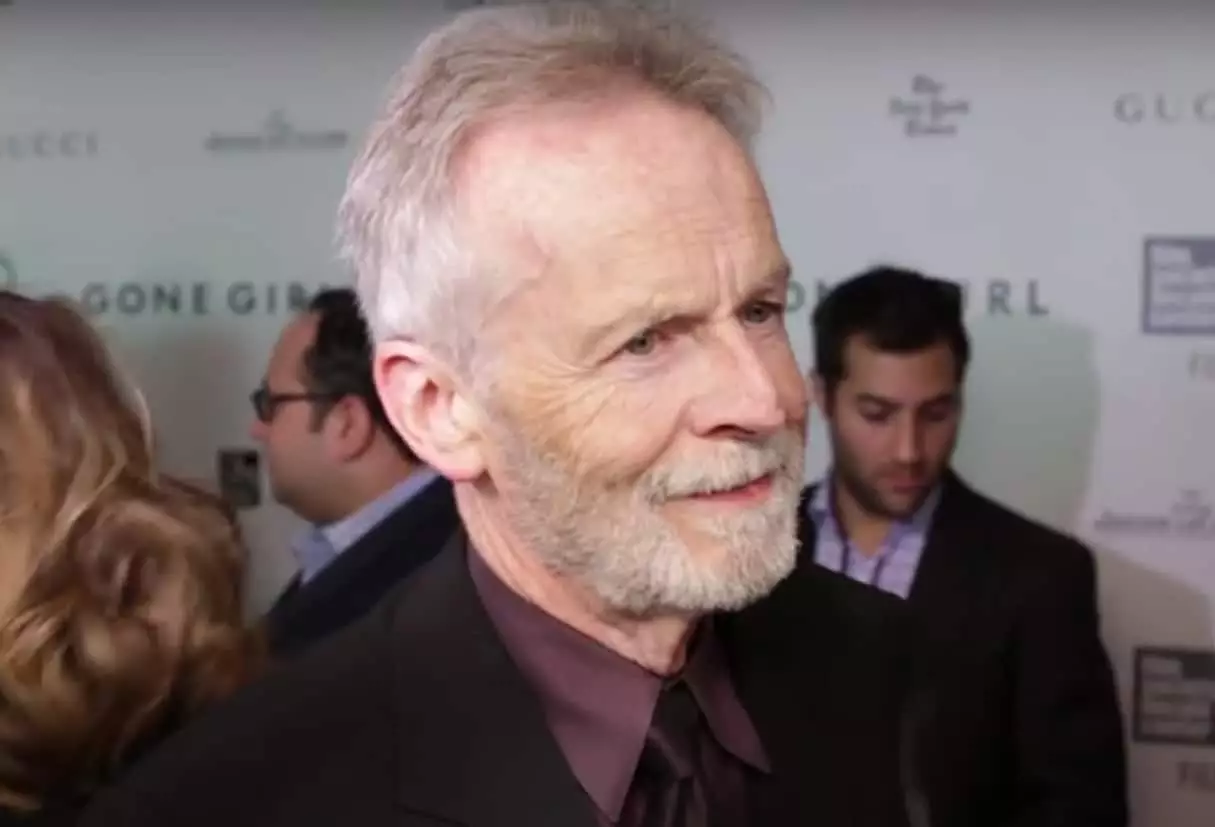At a recent film convention, David Clennon, a veteran actor known for his roles in classics like “The Thing” and “The Right Stuff,” opened up about his experiences working alongside the legendary Muhammad Ali. At 81 years old, Clennon shared insights that shed light on not just the man behind the boxing gloves, but also his monumental impact on society. The 1977 film “The Greatest,” in which Ali portrays himself, marked a pivotal moment, establishing him as not only a sports icon but also a complex figure in the socio-political landscape of his time. This film, notable for its star-studded cast including Ernest Borgnine and Robert Duvall, underlines the tension and sacrifice surrounding Ali’s decision to refuse the draft during the Vietnam War.
Clennon’s role in the film was significant, particularly in the pivotal scene where he leads Ali out of a room, articulating the gravity of the moment in both the film and Ali’s life. Ali’s stance against the Vietnam War—refusing to be drafted—resulted in a substantial impact, leading to his banishment from boxing for several years. Clennon offered a raw and heartfelt perspective on Ali, noting how the heavyweight champion’s refusal to fight was a profound act of courage that resonated with a generation.
Through Clennon’s reflections, we unearth the personal connection he felt toward Ali and the bold stance he took against the draft. As a self-identified “draft dodger,” Clennon saw in Ali a shared conviction against an unjust war. He emphasizes the significance of having a celebrated figure like Ali advocate for peace during a tumultuous period. For Clennon and many others, Ali’s choice to openly resist the draft wasn’t just an isolated incident; it became a rallying cry for youth who yearned for justice in an era plagued by conflict and civil unrest.
Clennon’s admiration for Ali is palpable; he recalls the warmth and approachability of the champion, devoid of arrogance. Clennon stated, “He was just so approachable… he hung out with us; he ate with us.” Here, we see how Ali’s magnetic personality extended beyond the ring and into his interactions on set. His humility, coupled with his fame, created an atmosphere of camaraderie that is often lost in the high-stakes world of Hollywood.
The film “The Greatest” serves as more than just a biographical account; it is a cultural artifact that reflects the complexities of identity, heroism, and resistance. Ali’s choice to take on the role of himself added an authentic layer to the narrative. Clennon expresses his belief that this film holds a distinguished place among other portrayals of the boxing legend, citing its uniqueness and authenticity. The participation of Ali himself, as well as a talented supporting cast, contributes to what Clennon regards as the definitive cinematic homage to the champion’s life.
In Clennon’s view, while later films, such as Will Smith’s portrayal in the 2001 film “Ali,” may receive accolades, they often lack the raw authenticity of “The Greatest.” Clennon’s bias is understandable; his firsthand experience with Ali offered insights that enrich his perception of the film’s significance. This perspective challenges us to think critically about how narrative framing can shape our understanding of historical figures and moments.
Muhammad Ali’s impact transcended the boxing ring; he became a potent symbol of resistance, speaking not just for himself but for countless others who opposed the draft and sought peace during the Vietnam War. Clennon’s observations underscore that Ali was much more than a stellar athlete; he was a cultural luminary who galvanized voices across the nation. His influence, felt both on screen and in public discourse, requires continued examination as we reflect on the intersection of sports, politics, and human rights.
Clennon’s insights remind us that Ali’s journey was not solely about triumph in the ring but also about the courage to stand for one’s beliefs in the face of adversity. The strength Ali exhibited by aligning himself with the anti-war movement provided a much-needed platform for discussion—the ramifications of which can still be seen in the ways athletes engage with social issues today.
David Clennon’s reflections on Muhammad Ali serve as a timely reminder of the power of individuals in challenging the status quo. His experiences on set and admiration for Ali’s bravery highlight an essential narrative intertwined with the fabric of American history. As we commemorate figures like Ali, we must remain dedicated to recognizing the complexities of their legacies and the lasting impact they have on future generations. Through the lens of cinema and personal testimony, Clennon helps us appreciate the historical significance of Ali—and the vital messages he championed.


Leave a Reply